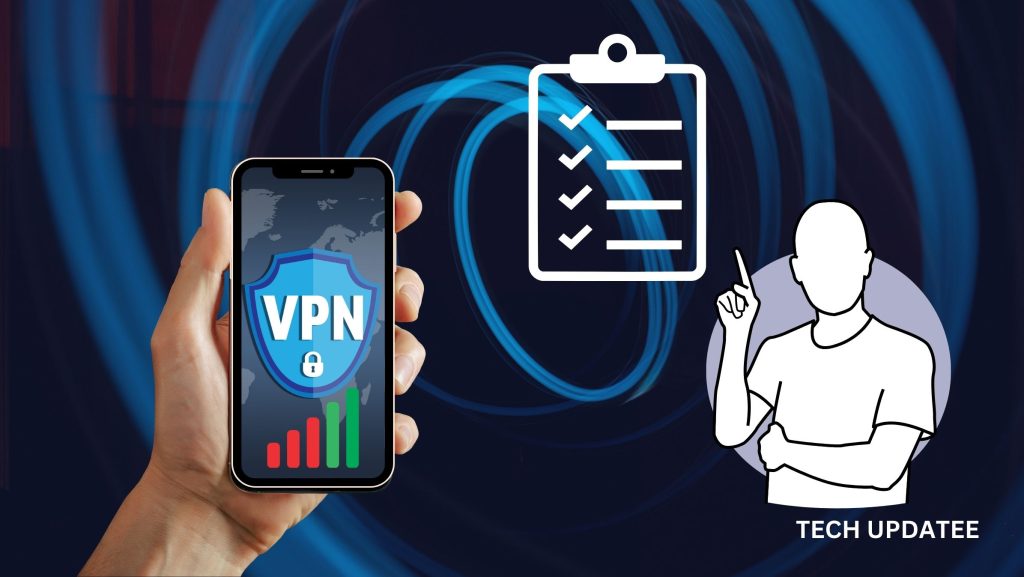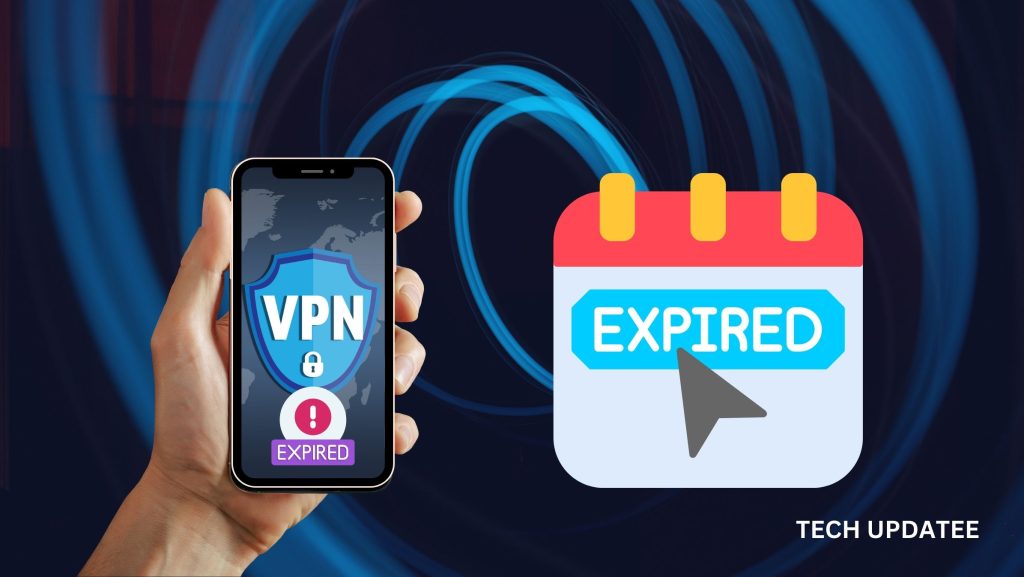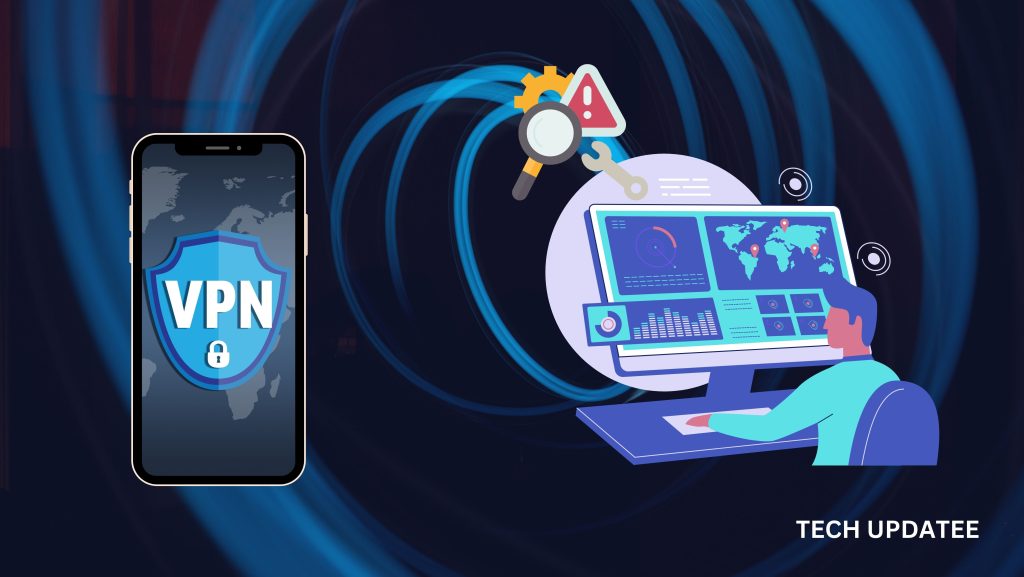Why VPN is not working Have you ever experienced anger when your VPN won’t connect? VPNs are often used to protect privacy, get around limitations, or access content that is region-locked, but occasionally they simply cease functioning. There are a number of technical causes for this problem, and it can be difficult to discover the best solution.
It’s important to comprehend [why VPN is not working] because a malfunctioning VPN may reveal your data or prevent you from accessing essential internet services. Finding the underlying cause might help you promptly fix issues with sluggish connections, disconnections, or total inability to connect.
The most effective troubleshooting techniques to resolve VPN issues and frequent causes are covered in this post. We will walk you through fixes for VPN software bugs and internet issues so you can resume using your VPN without interruption.
Contents
- 1 Why VPN is not working
- 2 Common Reasons Why VPN Is Not Working
- 3 Internet Issues vs. VPN Problems: A Quick Comparison
- 4 Outdated VPN Software
- 5 Advanced Troubleshooting Methods
- 6 Troubleshooting Steps and Quick Fixes
- 7 Conclusion
- 8 FAQs
Why VPN is not working
Common Reasons Why VPN Is Not Working

Internet Connectivity Problems
A slow or erratic internet connection is one of the most frequent causes of [why VPN is not working]. For VPNs to work effectively, a steady internet connection is necessary. Your VPN may disconnect frequently or not connect at all if your internet is poor. Since many users share bandwidth on public Wi-Fi networks, this problem is particularly prevalent there.
Try turning off your VPN and using your internet normally to see if that’s the issue. Restart your router or move to a new network if websites are not loading at all or are loading slowly. To be sure there are no connectivity problems on your ISP’s end, get in touch with them if the issue continues.
Incorrect VPN Configuration
Another significant cause [why VPN is not working] is incorrectly set up VPN settings. Your VPN program can have trouble connecting if it is not configured properly. VPN failures can be caused by faulty DNS sets, erroneous protocol settings, or inaccurate login information.
Internet Issues vs. VPN Problems: A Quick Comparison
| Issue Type | Problem | Solution |
|---|---|---|
| Internet Issue | Slow or no connection | Restart router or switch networks |
| VPN Misconfiguration | Incorrect settings | Check login credentials and protocols |
| Software Issue | Outdated app | Update VPN software |
| Firewall Blockage | Restricted access | Temporarily disable antivirus/firewall |
Outdated VPN Software

One possible explanation for [why VPN is not working] is that you haven’t updated your VPN app recently. Updates are often released by VPN providers to address problems, enhance security, and guarantee compatibility with various operating systems. Using an out-of-date version can decrease security effectiveness and cause connectivity problems.
To fix this, look for the most recent version on the official website or app store of your VPN provider. Many issues can be fixed and performance can be enhanced by updating your program. Try reinstalling the application to get rid of any corrupted files that might be the source of the issue if it persists.
Firewall or Antivirus Interference
VPN connections may occasionally be blocked by the firewall or antivirus program on your computer. Some security tools wrongly identify VPN traffic as a possible threat, even though their purpose is to prevent unwanted network access. Slow speeds or broken connections may result from this.
Try connecting your VPN again after briefly disabling your firewall or antivirus software to see whether this is the cause of your VPN’s failure. If it’s successful, you can add a VPN traffic exception to your security program. Make sure your security software is always up to date so it
Advanced Troubleshooting Methods
Testing VPN on Different Networks
Occasionally, network limitations rather than VPN issues are the cause of [why VPN is not working]. To stop unwanted access, certain networks—like the public Wi-Fi in coffee shops, schools, and offices—block VPN traffic. Network-level filtering is indicated if your VPN is operational on one network but not on another.
Try using a different internet connection, like mobile data or another Wi-Fi network, to test this. Your initial connection is limiting the VPN if it functions on a different network. To get around these limitations in these situations, you can try using alternate VPN protocols or obfuscation features, which are available in some VPNs.
Flushing DNS and Resetting Network Settings
Another cause [why VPN is not working] could be corrupt DNS settings. A VPN may not be able to establish a secure connection if your device is utilizing DNS settings that are out-of-date or inaccurate.
You can resolve this by resetting network settings and clearing your DNS cache:
Regarding Windows: As an administrator, launch Command Prompt and enter:
CopyEdit
ipconfig /flushdns
ipconfig /release
ipconfig /renew
On macOS: Open Terminal and type:
sh
CopyEdit
sudo dscacheutil -flushcache
sudo killall -HUP mDNSResponder
- On Android/iOS: Go to Settings > Network & Internet > Reset Network Settings and restart your device.
After performing these steps, try connecting your VPN again.
VPN-Specific Issues and Fixes
Choosing the Right VPN Provider
Not every VPN provides the same degree of dependability and performance. Some low-quality or cheap VPN services have sluggish connections, frequent outages, or are unable to get beyond regional limitations. Your choice of VPN service may be the cause of your persistent problems [why VPN is not working].
Better server networks, customer service, and dependable connectivity are frequently provided by premium VPNs. Consider moving to a VPN provider with a reputation for dependable connections, quick speeds, and robust security features if your current one is often dropping out.
Clearing VPN Cache and Data
VPN apps store temporary data and configurations that can sometimes interfere with their performance. If you’re experiencing frequent crashes or connection failures, clearing your VPN app’s cache and data might resolve the issue.
- On Android: Go to Settings > Apps > [Your VPN] > Storage > Clear Cache & Clear Data.
- On iOS: Uninstall and reinstall the VPN app.
- On Windows/Mac: Delete temporary files and restart the VPN application.
Once you clear the cache, restart your device and try reconnecting to your VPN.
Using VPN for Streaming and Gaming
Bypassing Geo-Restrictions on Streaming Platforms
One of the main reasons users rely on VPNs is to bypass geo-blocks on streaming services like Netflix, Hulu, and Disney+. However, these platforms actively detect and block VPN traffic, leading to errors like “You seem to be using a VPN” when trying to watch content.
If this is the reason [why VPN is not working], try these solutions:
- Switch VPN Servers— Some servers may be blacklisted, so connecting to a different one may work.
- Use a Streaming-Optimized Server—Some VPNs offer dedicated servers for streaming, which are harder to detect.
- Clear Browser Cookies and Cache—Websites can store your location data, so clearing cookies may help.
- Enable Obfuscation Mode—Some VPNs offer features that disguise VPN traffic as normal web traffic, helping bypass restrictions.
Improving VPN Performance for Gaming
Online gamers often use VPNs to reduce latency, access geo-blocked servers, or avoid DDoS attacks. However, if your VPN is causing lag or disconnects, it can ruin the gaming experience.
To fix this issue:
- Choose a Server Close to Your Location—The farther the server, the higher the latency.
- Use a Gaming-Optimized VPN—Some VPNs have low-latency servers designed for gaming.
- Switch to a Wired Connection—Wi-Fi can cause instability, so using an Ethernet cable can provide better performance.
Preventing VPN Issues in the Future
Regularly Updating Your VPN and OS
Many users experience problems because they use outdated VPN apps or operating systems. VPN providers frequently update their software to improve performance, add security patches, and fix connectivity issues.
To prevent [why VPN is not working] in the future:
- Enable auto-updates for your VPN app.
- Regularly check for updates on Windows, macOS, Android, and iOS to ensure compatibility.
- Keep your router firmware updated, as older firmware can interfere with VPN connections.
Using a Kill Switch for Security
If your VPN keeps disconnecting unexpectedly, your real IP address may be exposed without you noticing. A VPN kill switch prevents this by automatically cutting off internet access when the VPN disconnects.
- Enable the kill switch in your VPN settings.
- Some VPNs offer an app-level kill switch, which only disconnects certain apps when the VPN drops.
- Always test the kill switch feature to ensure it’s working correctly.
Troubleshooting Steps and Quick Fixes

Why VPN Is Not Working: An Overview
The first step in resolving the problem is to comprehend [why VPN is not working]. Finding the root cause aids in implementing the best remedy, whether it be a poor internet connection, software bugs, or ISP limitations. Frequently, the issue can be fixed with basic troubleshooting techniques.
Step-by-Step Fixes
- Check Your Internet Connection—If your VPN isn’t working, start by testing your internet speed and stability. If necessary, restart your modem or switch networks.
- Update Your VPN App— Outdated software can cause issues. Always keep your VPN app updated to the latest version.
- Try a Different Server— Some VPN servers may be overloaded or temporarily down. Switching to a different server can help restore connectivity.
- Change VPN Protocols—Some networks block specific VPN protocols. Try switching between OpenVPN, IKEv2, or WireGuard to see which works best.
- Disable Firewall or Antivirus Temporarily—If your security software is blocking VPN traffic, disable it temporarily to test if the VPN works.
- Check ISP Restrictions— Some internet providers block VPNs. If this is the case, try using obfuscated servers or contact your VPN provider for a workaround.
- Reinstall the VPN App—If none of the above steps work, uninstall and reinstall the VPN app to remove any corrupted settings.
Conclusion
You’ve now learned the key reasons [why VPN is not working] and how to fix them. Internet problems, incorrect settings, outdated software, and security restrictions are some of the most common causes. By following the troubleshooting steps outlined above, you can quickly restore your VPN connection and continue browsing securely.
If your VPN still isn’t working, consider reaching out to your VPN provider’s support team for further assistance. They can help diagnose specific issues and provide custom solutions. Always ensure your VPN is updated and configured correctly to avoid future problems.
FAQs
Why does my VPN keep disconnecting?
Frequent disconnections are usually caused by a weak internet connection, server overload, or interference from security software. Try switching servers or updating your VPN app.
How do I know if my ISP is blocking my VPN?
If your VPN suddenly stops working while your internet is fine, your ISP might be blocking it. Try changing VPN protocols or using obfuscated servers.
Can a VPN stop working on certain devices?
Yes, some devices may have compatibility issues with certain VPN providers. Always check if your VPN supports your device and operating system.
What should I do if my VPN is slow?
Slow VPN speeds can be caused by a distant server, high traffic, or poor internet connection. Try switching to a nearby server, reducing the number of connected devices, or upgrading your internet plan.
Is there a way to prevent VPN issues in the future?
Keeping your VPN updated, using reliable servers, and ensuring your network is stable can help prevent connectivity issues. If problems persist, consider switching to a different VPN provider.By following these tips, you can ensure that your VPN remains reliable and effective for secure browsing. If you found this guide helpful, share your experience in the comments!
